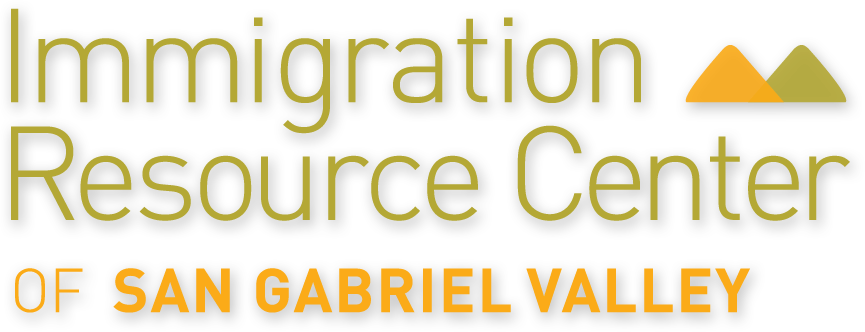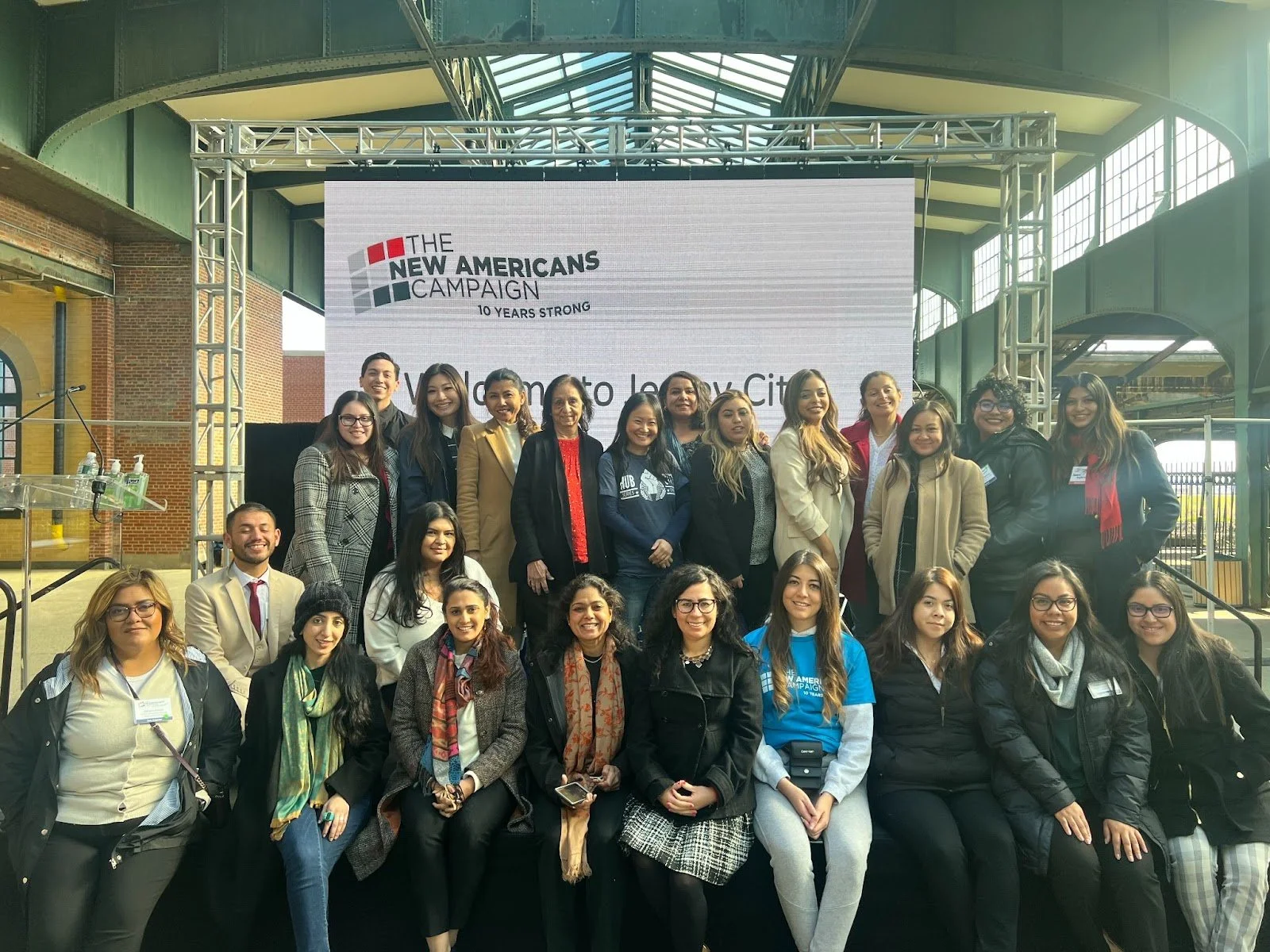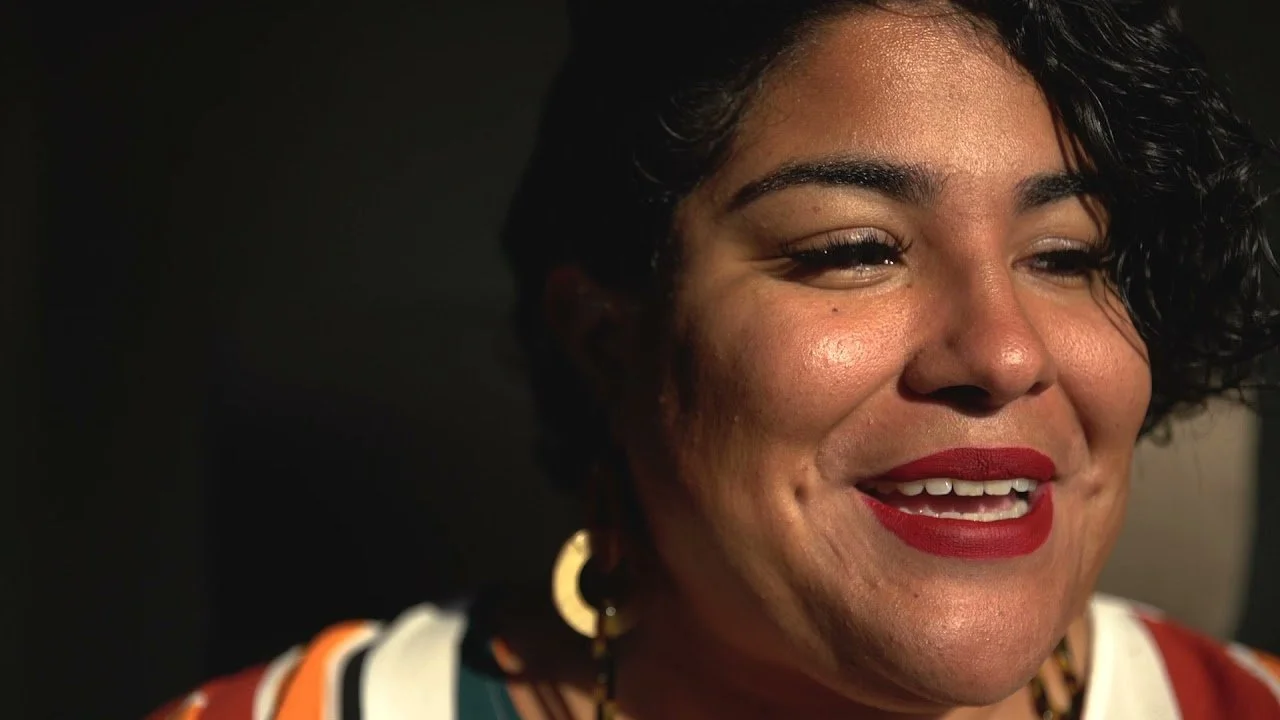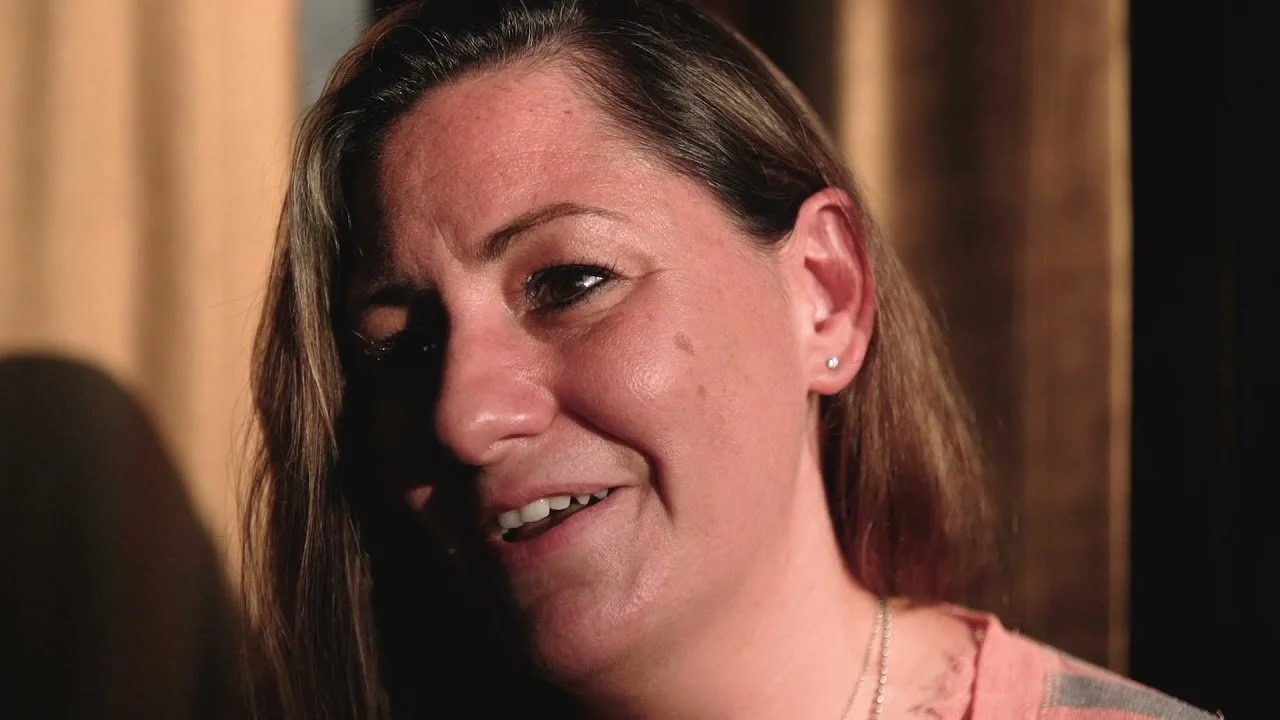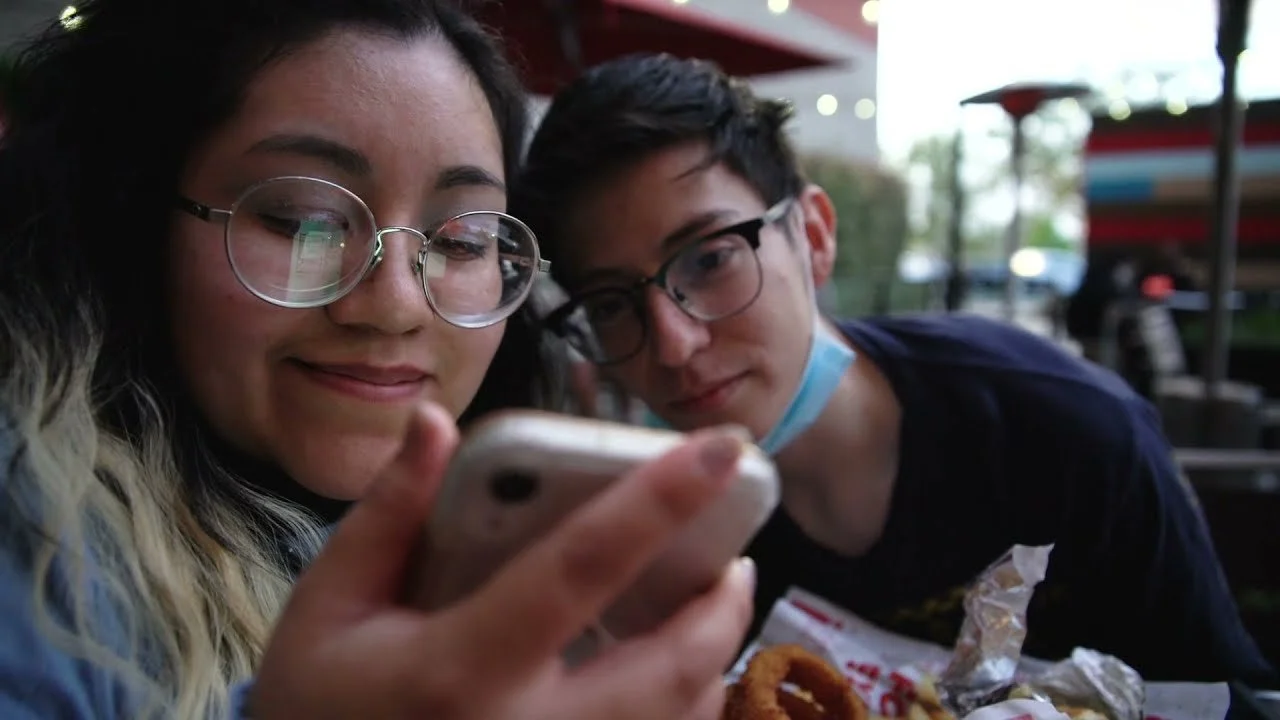Joseph is from Sudan, a beautiful country, riddled with political and social unrest. Joseph's country has gone through several heartbreaking wars in the past decades, including civil conflicts. In the mid 2010s, Joseph fled, as his future as a teenage boy was unknown.
Another country from the SWANA* region took Joseph in as a refugee, where he perfected his Sudanese-accented Arabic and worked for a rental car company. But racism and lack of economic opportunity drove him to seek continued refuge next in the United States, where he has a nephew, cousins, and an uncle.
After years of waiting, Joseph was awarded refugee status and allowed to enter the United States. He came to the U.S. at the end of 2021, adjusting to a new way of life and visiting his relatives. Soon, bills piled up. He works long hours as a security guard to make ends meet and support his family back home.
Joseph commuted from deep in the Inland Empire to the IRC because services out east were all at capacity. He needed help applying for his green card. We were able to churn out his case in less than two months. This is what he had to say upon news that we filed his case:
"I feel great and happy I appreciate you a lot Bree for helping me. Thank you so much. I'm feeling Good. I wish you have a good day."
*SWANA stands for South West Asia + North Africa, a less colonial way to refer to the diverse geographical region more commonly known as the Middle East + North Africa (MENA).
- SWANA Ancestral Hub. Map of the SWANA region here.
